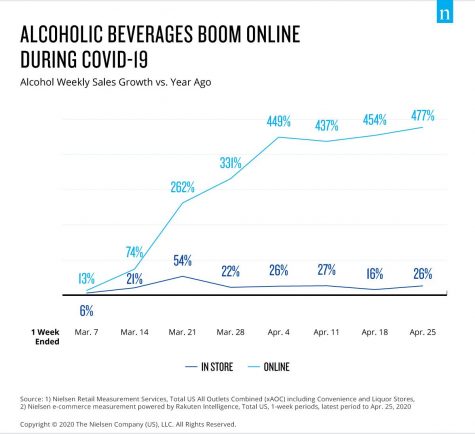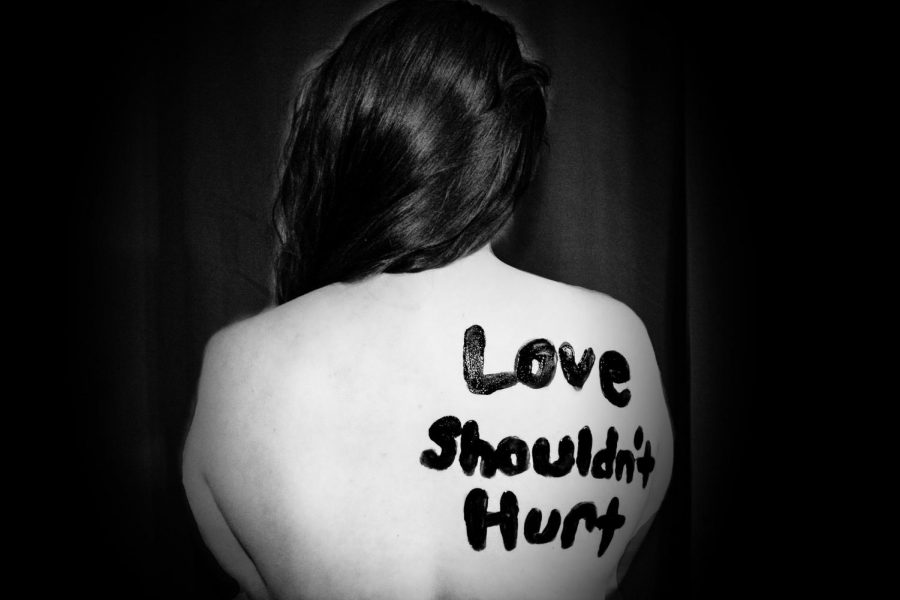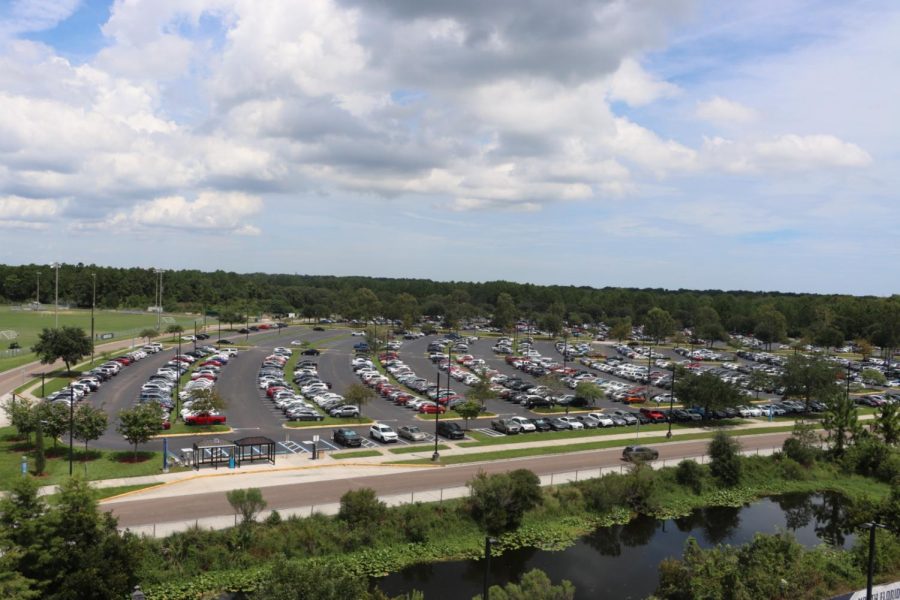Millions of people worldwide have, for the most part, been staying at home due to the COVID-19 pandemic. For many, this can be a personal hell, especially for those trapped in homes with their abusers.
The United Nations Population Fund estimates that every three months of quarantine could lead to an additional 15 million cases of intimate partner violence (IPV).
Being cooped up at home can be frustrating and even depressing. Marianne Hester, a sociologist who studies abusive relationships at the University of Bristol, said in an interview with the New York Times that domestic violence goes up whenever families spend more time together, such as during summer and Christmas vacations.
Domestic violence numbers are often difficult to track, due in part to what researchers refer to as the “iceberg” of domestic violence. For every incident of domestic violence that we see, there are likely many that are submerged, largely invisible to society.
Although statistics of domestic violence can be difficult to find (especially regarding recent cases), studies such as this one conducted in the aftermath of Hurricane Harvey, suggest that domestic violence increases during crises.
There are several different factors that potentially play a role in this increase.
Financial Instability and Breakdown of Social Services
Since the initial shutdowns of most businesses in March, the national unemployment rate surged and peaked at 14.7% in April, according to the Bureau of Labor Statistics. Over 40 million people nationwide filed for unemployment.
Combine several jobless months with little government assistance (a one-time payment that averaged about $1200 per person) and the result is stress due to uncertain futures. Many people around the country who lived paycheck-to-paycheck prior to the pandemic now have to decide between paying bills or necessities such as food.
On top of this, many shelters housing survivors of domestic violence have been forced to reduce their capacity to limit the spread of the virus.
Isolation
One primary tactic abusers use to maintain their power is to make their victims feel alone. This includes controlling what they do, who they talk to, what they read and where they go. Limiting outside involvement of their significant others and using jealousy as justification for their own actions.
With CDC guidelines recommending people stay at home, this gives abusers an opportunity to employ these tactics while using the guise of coronavirus fears as their justification.
“The pandemic offers unique opportunities for abusers to gain or maintain power and control over their partners,” the Hubbard House said in a March press release. “Abusers may, for example, tell their partners they have the virus and that no one will help them; threaten their partners with evictions from shared homes leading to homelessness and exposure to the virus; deny their partners vital medical treatment; or withhold resources necessary to take care of medical or other needs, and this is just the beginning.”
Alcoholism
With bars closed, an increasing number of people look toward retail to buy alcohol. Statistics from Nielsen show that alcohol sales, especially online, skyrocketed amid the outbreak.

Online alcohol sales more than quadrupled compared to the same time in 2019. Although in-person sales have not seen an increase that dramatic, sales have still been consistently higher.
Alcohol is widely believed to be a key predictor of IPV. Many studies have found a strong positive correlation between alcohol consumption and domestic violence.
For relationships that already have seen abuse, alcohol can add fuel to the fire.
Other stressors include scarcity of basic necessities and lack of resources, to name a few.
All of these factors can contribute to mental health issues including depression, anxiety and PTSD in both abuser and victim; which, in turn, leads to a higher likelihood of IPV and domestic violence in general.
Resources for Survivors
For students and faculty, UNF’s Women’s Center offers virtual advocacy via appointment on weekdays during office hours (Monday-Friday, 8 a.m.-5 p.m.). Members of the UNF community can receive immediate assistance by contacting the 24-hour Crisis Helpline by calling (904) 620-1010.
The National Domestic Violence Hotline is another resource that provides support for survivors across the country.
There are several shelters available for survivors, depending on location. Most locations, if not all, should offer 24/7 call and text lines. Some of the local shelters include:
- Hubbard House, which serves Duval and Baker Counties; Call: (904) 354-3113 Text: (904) 210-3698
- Quigley House, Clay County; Call: (904) 284-0061; TTY: (904) 284-0424
- Micah’s Place, Nassau County; Call/Text: (904) 225-9979
- Betty Griffin Center, St. Johns County; Call: (904) 824-1555; TTY: (904) 827-0236
“We know that domestic violence increases when survivors and their children are isolated with their abusers,” said Hubbard House CEO Dr. Gail A. Patin in a March press release. “So during this pandemic, our hotline remains operational 24/7. Our emergency shelter doors remain open, too, and we’ll receive survivors until we reach capacity.”
The organizations listed above coordinate with each other to provide support for victims, a spokesperson for Hubbard House said.
___
For more information or news tips, or if you see an error in this story or have any compliments or concerns, contact editor@unfspinnaker.com.












